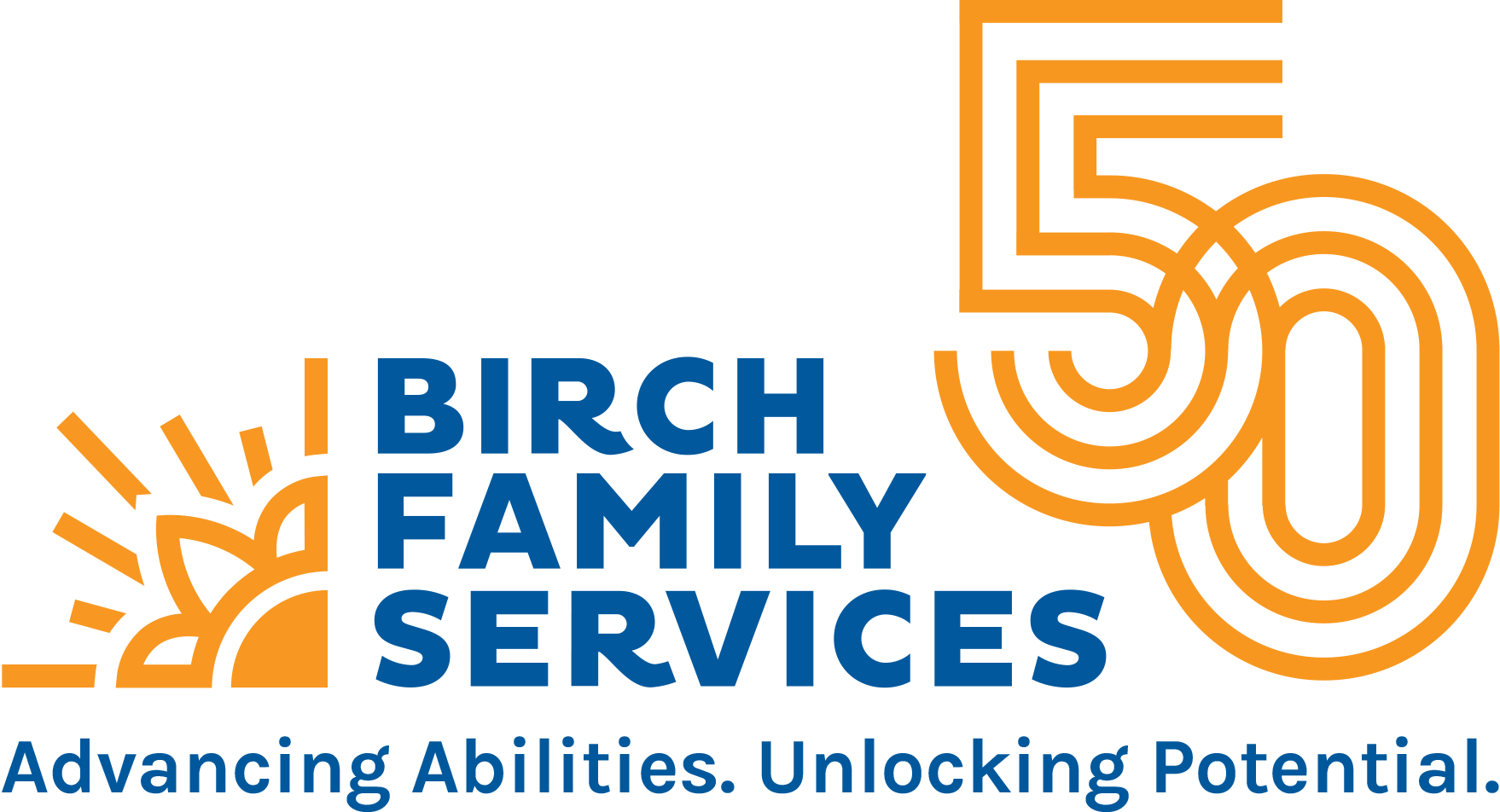50 Stories for 50 Years: Sue Miller
When Sue Miller first walked into Birch in 1975, she was one of just six teachers providing children with developmental disabilities the opportunity to thrive in the classroom. Within that small space, Sue found something bigger than she could ever imagine: purpose, possibility, and a community determined to support every child who walked through the door when few options existed for family members.
“There was very little support for parents at that time,” she said. “That year, I learned more about teaching and teaching children with special needs than I ever did.”
For Sue, the spirit she witnessed in Birch’s early years carried into every challenge that followed. Over the years, Sue watched Birch evolve to meet the needs of the people it supports. Whether it was opening residential opportunities to expanding education programs or confronting urgent issues such as the HIV/AIDS crisis. Sue watched Birch do what others wouldn’t.
“Birch was one of the places that said we wouldn’t discriminate based on testing positive or not. No one refused to work for a child,” she said. “There were always new initiatives and good things happening. People tried to live up to the high standards — and that wasn’t just for show.”
Birch created the first residence in New York State supporting children with HIV/AIDS and developmental disabilities in 1989. Birch also started the Birch Family Camp, a two-week getaway for children and family members in New York City dealing with HIV/AIDS. It was one of the first in the country to offer the experience.
“The camp was a very special thing,” she said. “I was very proud that Birch had stepped up.”
These projects became personal for Sue, who wound up adopting her third child, Tom, from the children’s residence after he began testing negative for HIV. Tom graduated from Birch’s education programs, continued his education, and participated in self-direction to create the life that he wanted.
“He is in an apartment, has his own job, and is living very independently,” Sue said.
Across her decades-long career at Birch, Sue has seen it all: she led classrooms, schools, programs, and then directed operations for the entire organization until her retirement in 2014. All the while, she saw Birch grow while staying true to its foundation. Five decades after stepping into her first Birch classroom, Sue looks back on the organization that she dedicated her career to and the people that made an impact on her life.
“I think about the overall drive of Birch and how wonderful it is that it persists and then I think about all the people that made it possible.” Sue said. “I remember the people that I had the honor of working with. They were the ones who did everything they could to make our programs as useful and beneficial for the people who relied on them.”
And Sue Miller is undeniably one of them.
